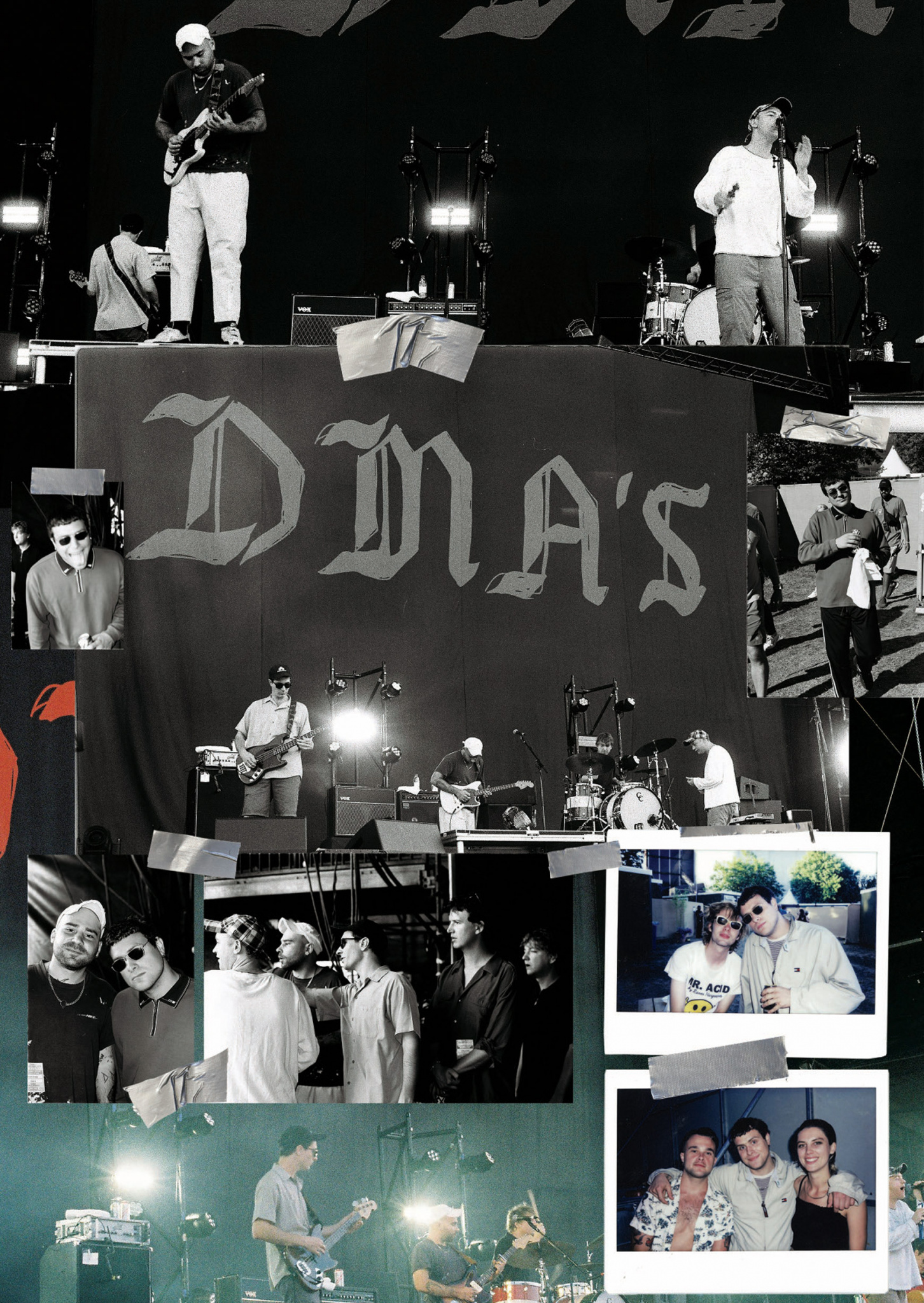
"Let’s say, hypothetically, you and I we start a band today, right. And maybe we get a few people together and say, ‘hey, so you’ve got six songs and I’ve got three; oh, we’ve got nine songs”, and they’re the first nine songs we’ve ever written, and we’ve got nine songs, ‘hey we should start playing gigs!’. But often the first few gigs, your mates come, they have a good time, chances are maybe one, if not two of those songs are actually any good, because they’re the first nine songs we’ve ever written. Chances are the other songs are gonna be kinda average, and so after three or four gigs your mates don’t really come anymore, and the band’s bored with playing the same nine songs, you know what I mean? I’ve been in bands that have had this dilemma heaps of times. With DMA’s we wrote close to 40 or 50 songs before our first album was even released, to stay ahead of the game and to keep the band interested, and if things did go well, you want to take the opportunity, not just piss it up against the wall.”
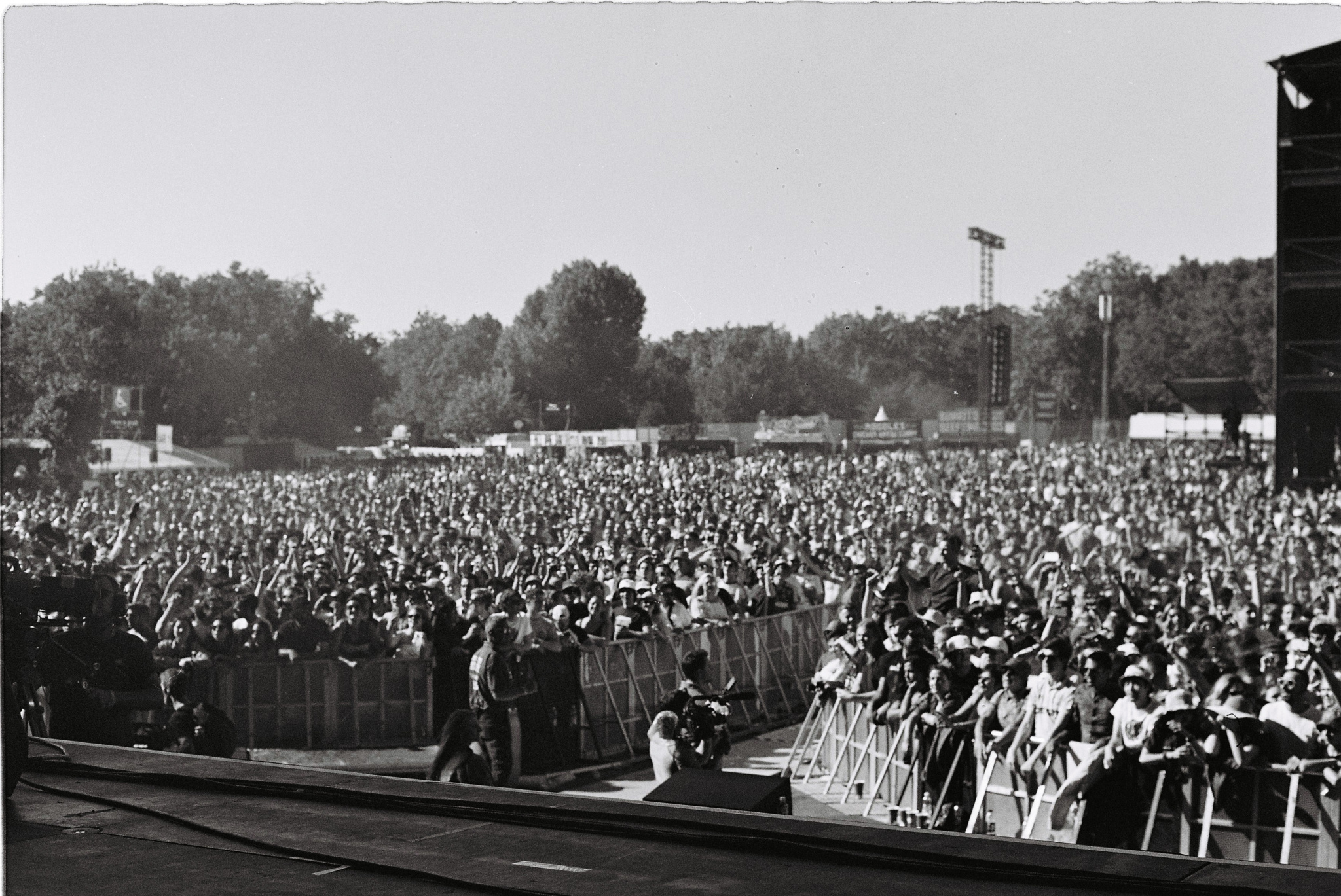
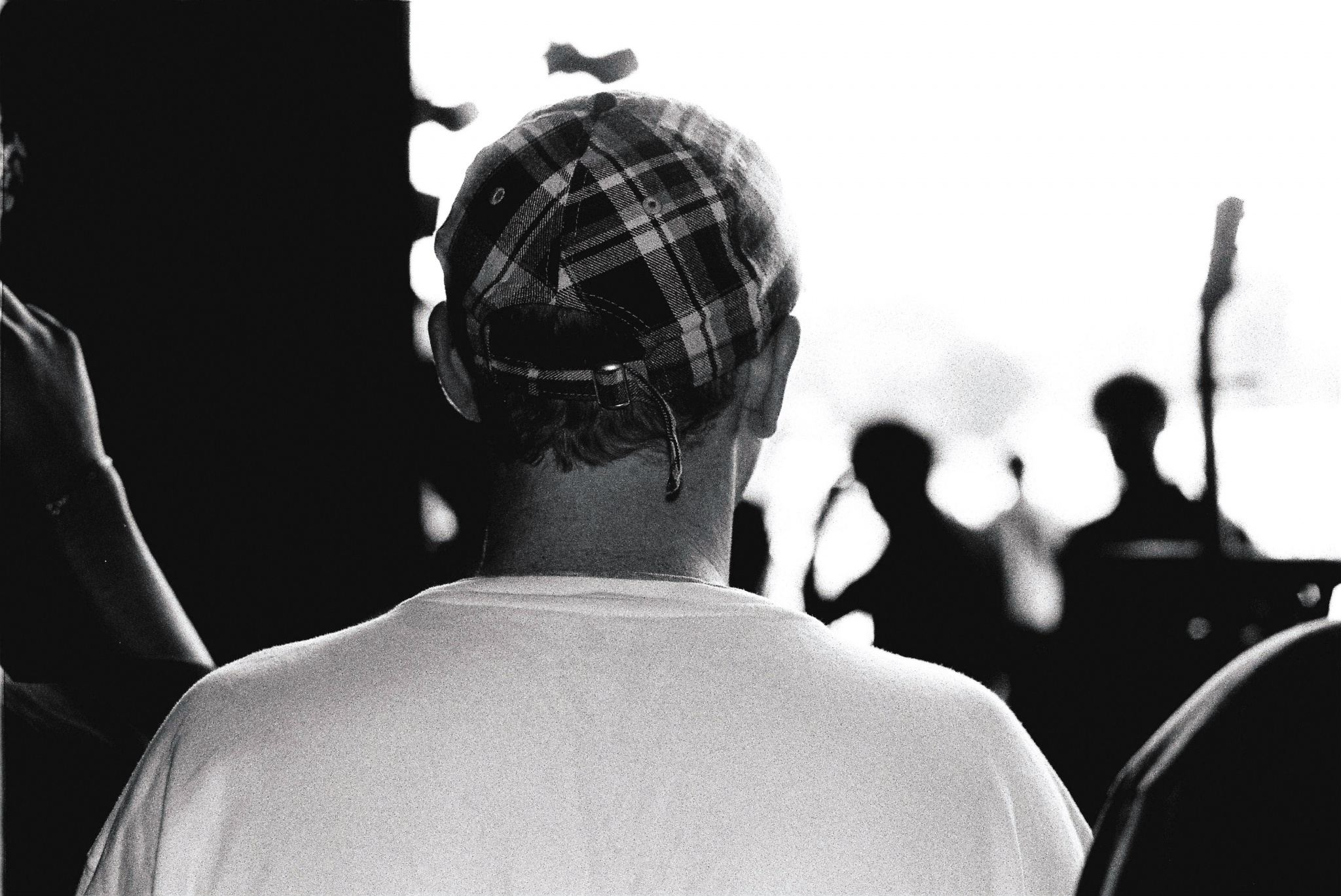
“One comment that we got a lot, which I guess is a part of starting off as a DIY band recording in my bedroom, people would say ‘you sound so much bigger live than you do on record’.”
Sydney three-piece DMA’s came out swinging with their debut album Hills End in 2016. With an enviable, confident swagger coupled with an endearing lack of pretension, they flew close to the sun of their idols with little fear of burning up on impact and crafted a tuneful, exuberantly scuzzy yet anthemic debut as a result. Wary of the traps that so many bands fall into faced with the spotlight, their own previous endeavours included, the band was acutely aware of the need to evolve in order to survive when approaching a sophomore suite. For Now takes the same confidence and melodic panache of their debut but instead casts it in a far broader spectrum of sound and colour, displaying a band that has moved beyond their inspirations and firmly into their own zone.
For guitarist and songwriter Johnny Took, the progression was instinctive and working with a producer played a crucial part. “I think For Now, it felt like the most appropriate progression for us to move into, from where we were at musically. Going from such a DIY band where we did everything – that first record was pretty much done in our bedroom – moving forward and working with someone like Kim Moyes from The Presets, going to a better studio, I think it still holds that core aesthetic that we’ve always had as DMA’s, but it’s grown naturally,” Took says.
While they set out with inconcrete ideas of what their second album should be, what it shouldn’t was easier to define, and they established certain guiding principles.
“We were consciously not putting on guitars for the sake of it,” Took says, “which as someone who’s a young engineer or a person in a band, is a very easy thing to do. We did a lot of that on Hills End, like ‘just add more guitars, more guitars, more guitars’, especially if you’re trying to do a wall of sound kinda shoegazey-esque vibe, it’s really easy to do, and it was the one thing that Mason and I were really conscious of, we didn’t want to put on any guitars just for the sake of it. We’d rather put on one guitar track that’s fuckin’ mad that covers everything and sounds great rather than putting on three or four just to fill it out.” Instead of an overload of shredding, For Now vibrates with space around heady melody, ripples with synthesisers and the occasional drum machine, chimes with acoustic guitars, but overall leaves songs ample room to breathe deep, “which I think is another reason that has made the album a little bit more accessible for people, because to be fair, the everyday listener does like to hear space and vocals and drums, they don’t always want to hear all the mush and the muck in between. I think that was a big learning curve for us, to feel comfortable with that,” Took adds.
From their unashamedly DIY, lo-fi roots, DMA’s newfound appreciation for fidelity was wholeheartedly embraced, in part as a way to evolve, but also in an attempt to reproduce the grandeur of their live show, something that wasn’t necessarily accurately captured on Hills End. “One comment that we got a lot, which I guess is a part of starting off as a DIY band recording in my bedroom, people would say ‘you sound so much bigger live than you do on record’. So that was one thing we wanted to be conscious of. I think for a long time I was scared of hi-fidelity, and I guess I was just working out that hi-fi isn’t instantly bad,” Took says. “We embraced that aspect of it, we’d done the EP and a 7” and a bedroom, ‘I guess that will do, that sounds all right’ kinda thing, then getting Kim on board with all his experience and going to a proper studio with all this nice gear and recording to tape and changing things up like that I think has really helped us.”
Moyes’ involvement not only opened up worlds of sonic possibility previously unexplored by the band, giving them the confidence to push beyond their own borders, but he was also able to act as an intermediary should they reach any studio stalemates. Having Moyes in the producer’s chair effectively made the recording process an easier one, with the songs themselves the ultimate benefactors. “Having Kim on board, it was actually less challenging I think, having someone with that kind of experience to be able to bounce off, and just to help us with heaps of different stuff,” Took says, “and there was less pressure on us with someone else there to work with. And not that we argue that much but if there was something that the three of us were disagreeing on, it was nice to have Kim – who’s a pretty cutthroat dude – who didn’t have an allegiance with anyone and wasn’t trying to be on anyone’s side and was just doing what was best for the song,” Took says.
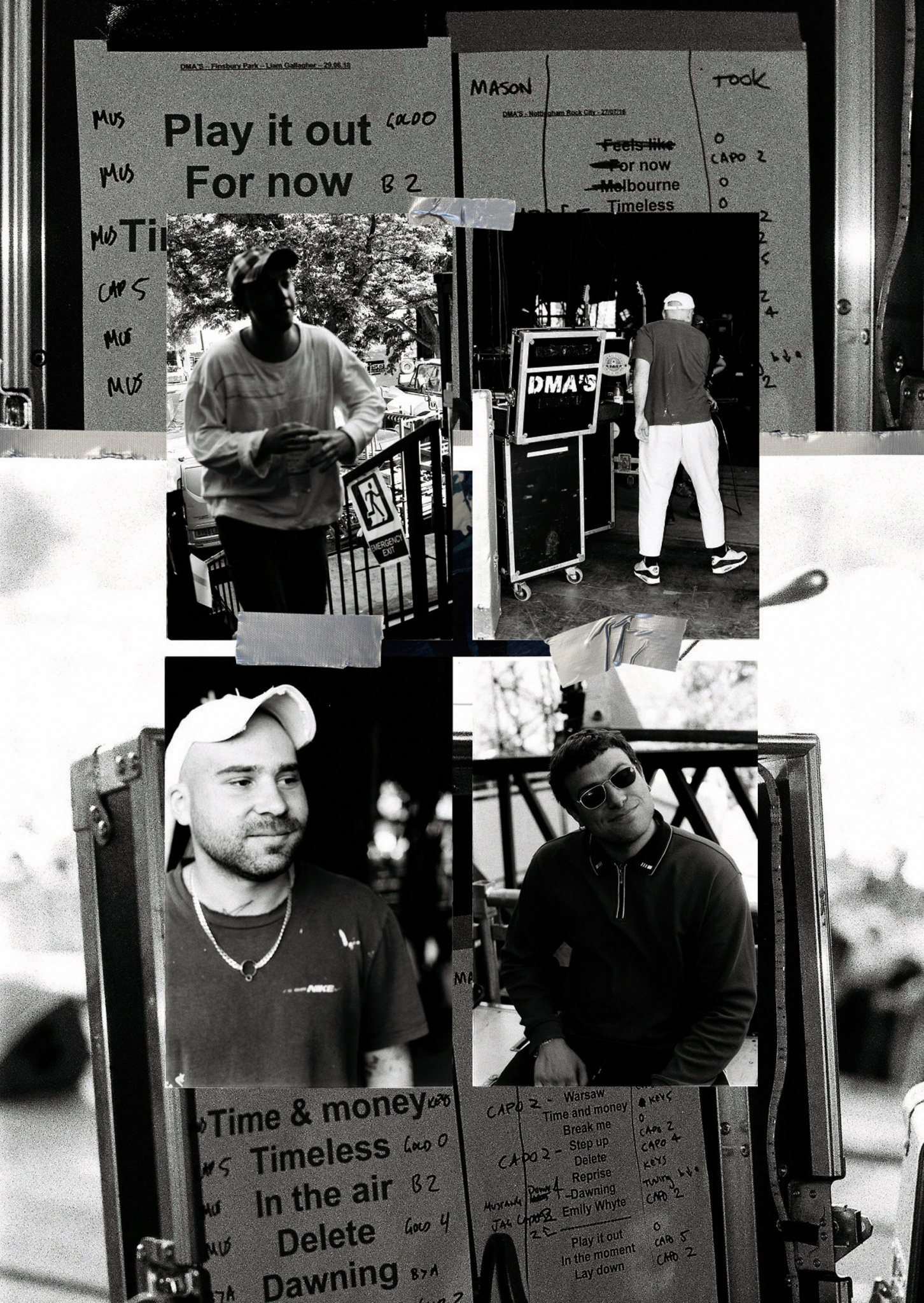
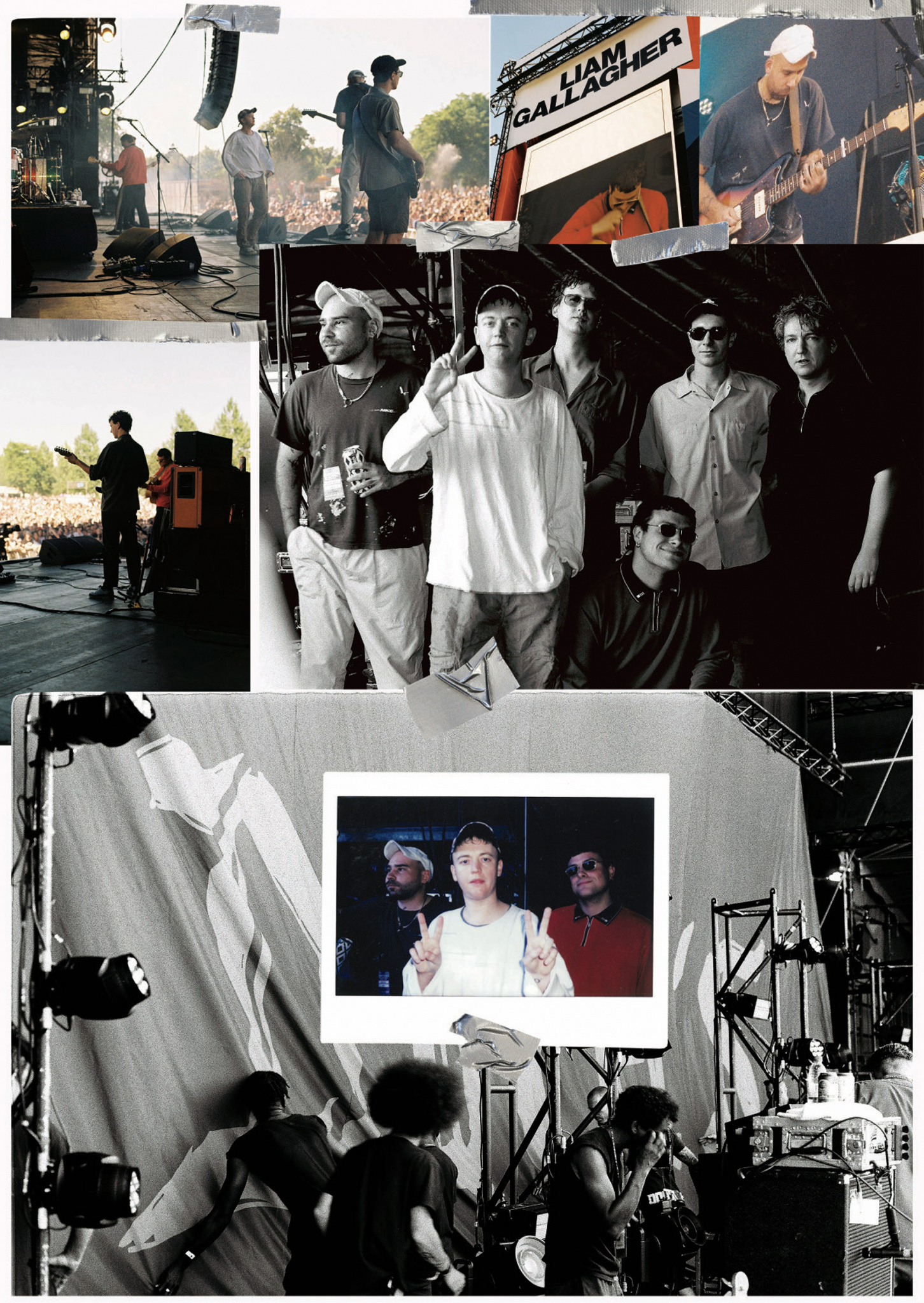
Reflecting on where DMA’s have got to in a few short years, Took is frank, philosophical and, above all, appreciative of what the band has been able to achieve thus far. “I guess it’s a little bit less rock pig this second record. It wasn’t just about having an overdriven guitar, or fuzzing out a guitar, I think it was a little bit more thoughtful than that, which some people liked and some people didn’t. I think some people were expecting it to be a little bit more like the first record, which once again it’s not better or worse, it’s just what people liked, and I feel like the band has gathered more fans and more supporters now because, sonically, For Now is more accessible than Hills End was, which is cool. I’ve never been in a band that’s made it to a second record and it’s nice not being pigeonholed for the one thing you’ve done.”
You get the impression DMA’S will be dodging pigeonholes for a little while yet.
“Working with someone like Kim Moyes from The Presets, going to a better studio, I think it still holds that core aesthetic that we’ve always had as DMA’s, but it’s grown naturally.”
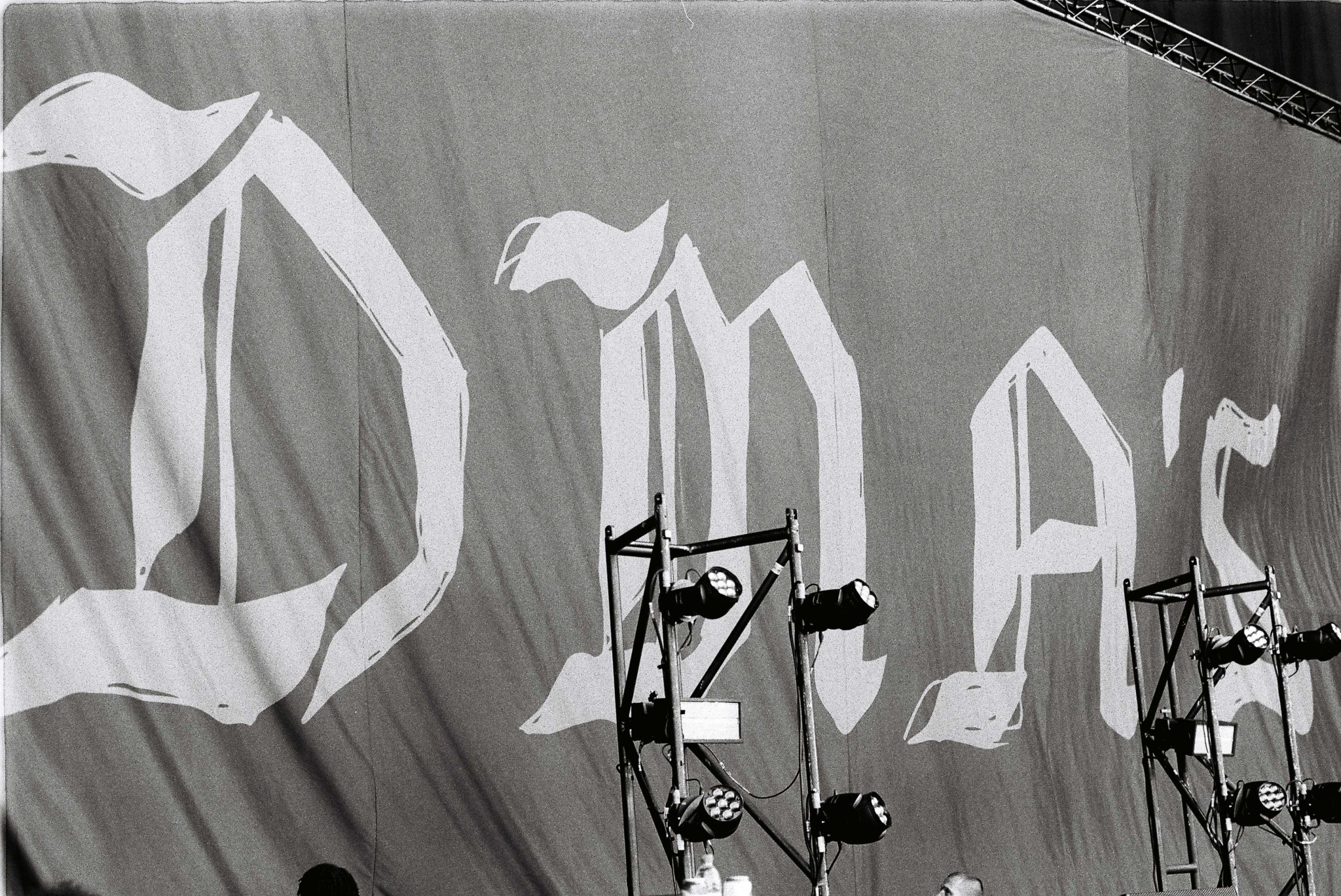
WORDS Glen Goetze
PHOTOGRAPHY & COLLAGE Kitty Callaghan



